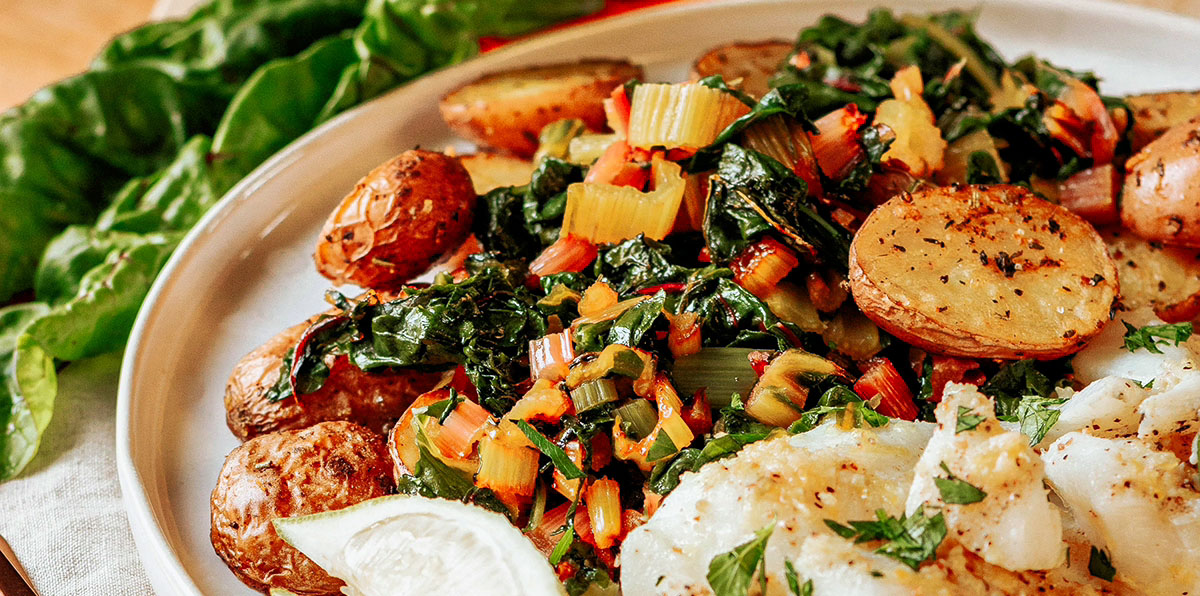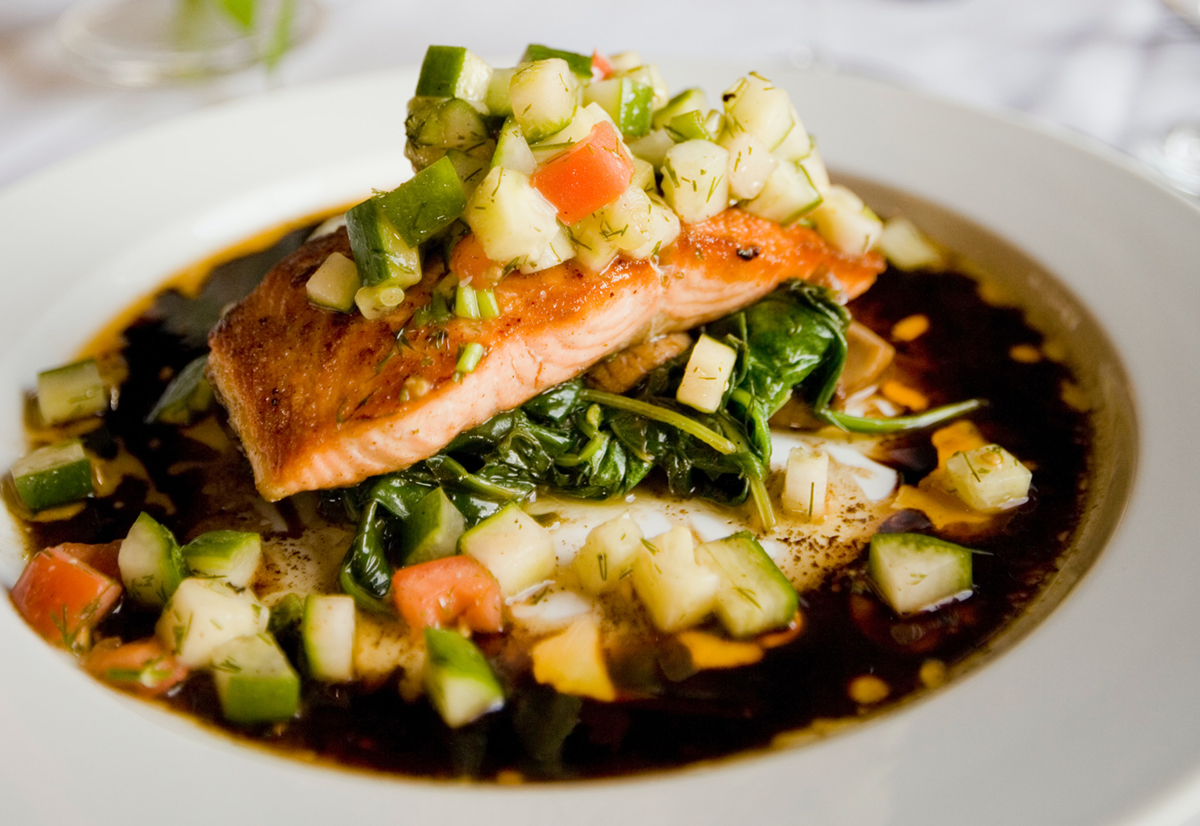
by Marcel Hernandez, ND
OK, I confess — there is (still) no perfect diet that will work wonders for everyone, everywhere.
Of course, there are certain eternal dietary truths that have never changed and never will. The human body hasn’t changed in a very long while, so the foods that helped or harmed us in the past have not changed, either.
There are definite, consistent, timeless dietary no-no’s: starchy carbs, refined sugars, highly saturated fats, processed meats, excess caffeine, alcohol, trans fats;, preservatives, fillers, added colors – the list is daunting.
Thankfully, beyond the no-no’s there are plenty of “yes!-yes’s!” that deserve our attention and enjoyment: several servings per day of fresh fruits and vegetables (seasonal produce, if possible), healthy oils such as extra virgin olive and extra virgin coconut, a variety of protein sources (long discussion!), conscious use of culinary herbs (topic for another long talk) – and many more.
What is the “ethnic diet” we referred to in the title?
It’s a set of food factors that need to be taken into consideration for a variety of reasons: our life-long flavor preferences, our genetic adaptations, emotional factors, and cultural and hereditary habits.
It isn’t easy for persons whose ancestry is not from the Mediterranean countries to disregard their genetic inheritance and suddenly embark on the “Mediterranean diet” even though it’s long been regarded as one of the healthiest in the world.
It would be far more pleasant, efficient, effective, and sustainable to apply the aforementioned yes/no principles to a diet that conforms to our unique ethnic heritage.
Not all ethnic diets are healthy. I’ll happily cite myself as an example.
My genetic origin for many generations on both sides is Cuban. Cubans eat lots of rice every day, plus potatoes, black beans, white bread, and meat of all kinds. They also like espresso – all day long – and sugar-laden sweets. While tropical fruits are eaten when they’re available, there are very few vegetables in the Cuban diet.
So – the Cuban diet ranks far down the list of healthy diets! Yet I do enjoy the aromas, spices, and tastes of traditional Cuban food.
The way I’ve adapted is to cut down on the carbs – I eat rice maybe 2-3 times a week, white bread about the same, no red meat, very few potatoes, and extremely limited sweets.
I’ve greatly expanded my produce intake, though I still like my morning espresso – but I take no caffeine after breakfast.
I love to infuse Cuban flavors in much of my cooking, to Dr. Connie’s shared delight. This approach keeps me connected to my culinary ancestry, while keeping me reasonably hale and hearty.
In my naturopathic medical practice, I’ve helped patients from many ethnic backgrounds to modify their traditional diets.
Usually, there will be some healthy starting points from which we can begin to adapt the traditional diet.
For example, Asian diets are rich in veggies, so it’s easy to retain ethnic authenticity, while shifting a few ingredients to healthier alternatives here and there.

Most Northern European diets are nutritionally similar to the traditional Cuban diet: heavy on meat, carbs, and sugar. So the transition can be a bit more worrisome than for Asians. Still, in every ethnic diet there are clear starting points for honoring the basics of a healthy diet.
If your origins are Scandinavian or German, for example, you could reduce potatoes and eat more fresh, raw fruit and raw or lightly steamed veggies.
Making salad the “main dish” kills hunger, because it gives the body the nutrients it’s looking for but can never find in all those empty carbs, fats, and sugars.
What happens when you switch to a diet where salad is the main dish? After a week or two of mild discomfort and discontent, you’ll find the carb-fat-sugar cravings fading. You could eliminate the heavy meats and substitute occasional fish, and/or veggie-based meat substitutes. You’ll feel better, your hunger will be more fully satisfied, and you may very well shed a few (or quite a few) pounds in the process.
For information about the services we offer at Pacific Naturopathic, please give us a call at 650-961-1660, use the convenient Contact Form to get in touch, or follow the link to: Consultations – Pacific Naturopathic. Thank you!
